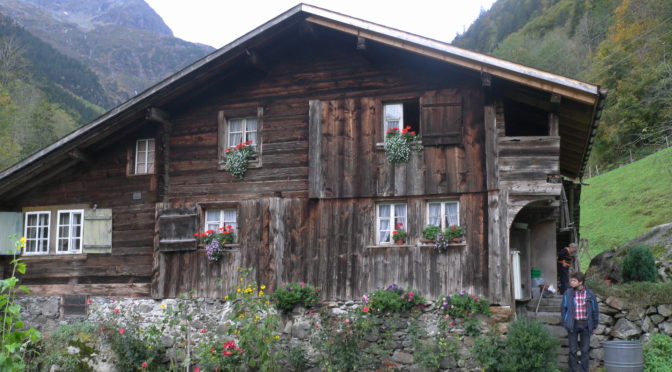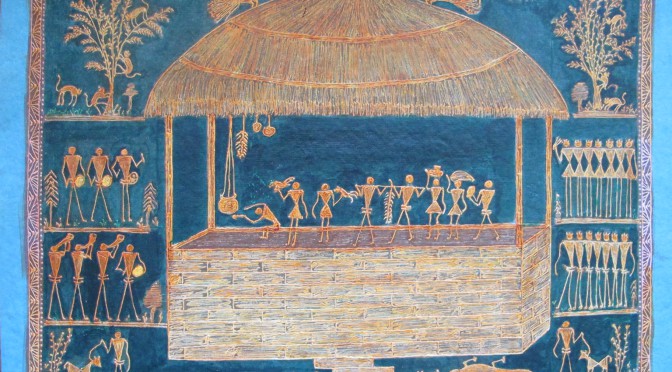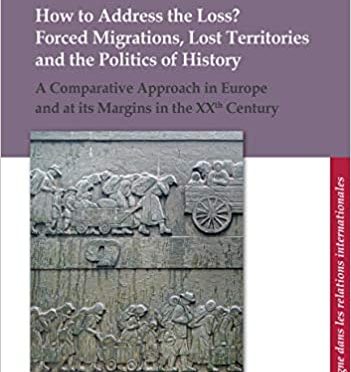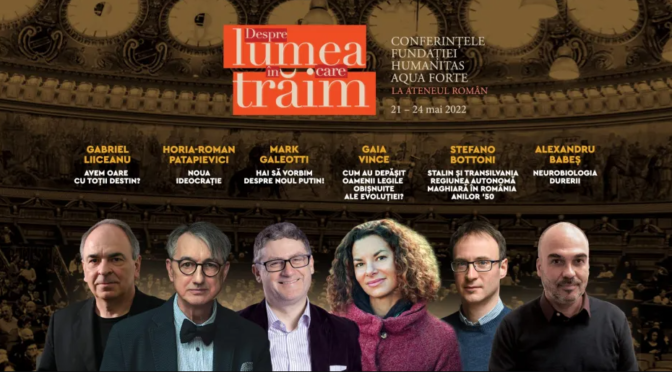Household, kinship, intimacy: the reconfiguration of living together
Ph students’ workshop, EHESS-CEFRES, CEFRES Library, Na Florenci 3, Prague
When: May 3, 2022, 9:30 am-6:00 pm
Where: At CEFRES and online
Language: English
Coordinators: Emmanuel Desveaux (EHESS), Falk Bretschneider (coordinator of the EHESS-CEFRES cooperation), Jérôme Heurtaux (CEFRES), Petr Gibas (CAS)
Supervisors: Valeria Siniscalchi (EHESS, centre Norbert Elias, Marseille), Chloé Mondémé (CNRS), Michèle Baussant (CEFRES), Claire Madl (CEFRES)
The conference will be at CEFRES and simultaneously on zoom:
https://us02web.zoom.us/j/83512848136?pwd=RFZYMWhTTkNUZ2p5RmdNZmRVRVF3dz09
Meeting ID: 835 1284 8136
Passcode: 975084
See the program below.
9h30 | Welcoming and presentation of the participants (Jérôme Heurtaux, Falk Breitschneider, Valeria Siniscalchi, Emmanuel Désveaux)
9h45 | Emmanuel Désveaux, What is a house ? An anthropological point of view.
10h45 | First general discussion
11h | Coffee break
11h15 | Barbora Kyereko, Cocoa and kinship among the matrilinear Akans of Ghana
12h | Véronique Gruca, Restoring balance after disruption. The organisation and reorganisation of daily life within a household of nomadic pastoralists in rural Mongolia
13h | Lunch
14h | Tuğba Gökduman, The (De)Sacralization of the Household: On Intimate Autonomy of Young Women in Contemporary Turkey
14h45 | Astrid Greve Kristensen, The Bosom of the House: Orphans’ Homes in Post-war Literature
15h30 | Coffee Break
15h45 | Vojtěch Pojar, Between “Reducing the Rural Overpopulation” and “Boosting the Aggregate Demand”: Great Depression and the Reconfiguration of Expert Debates about Rural Families and Their Reproductive Choices in Interwar Czechoslovakia
16h30 | Second general discussion





